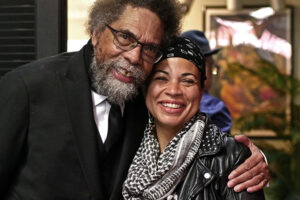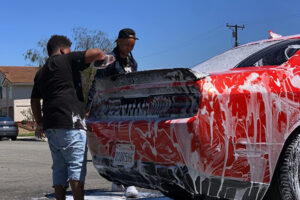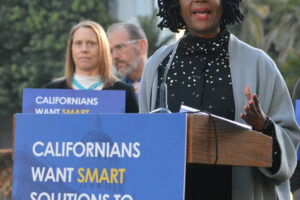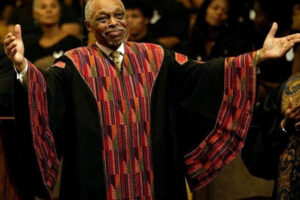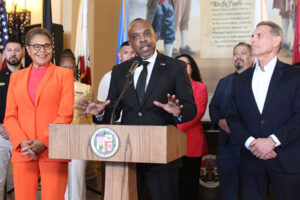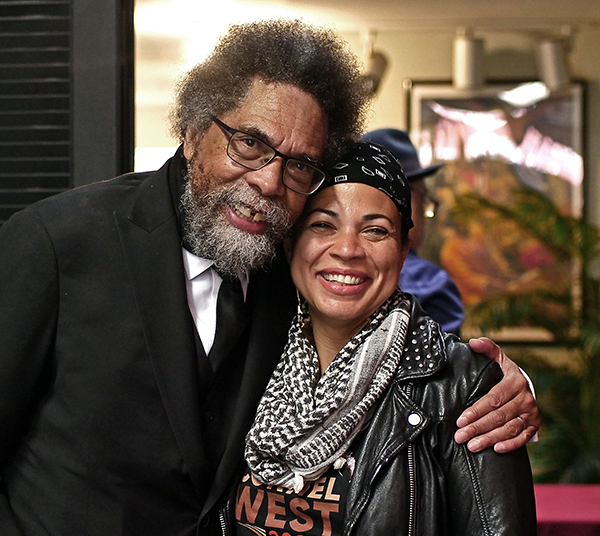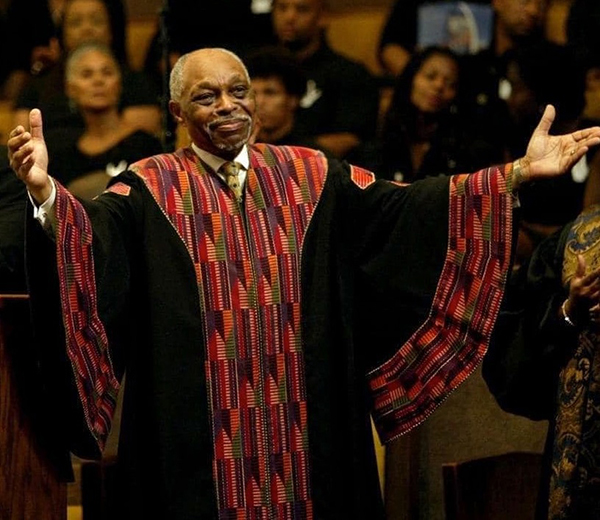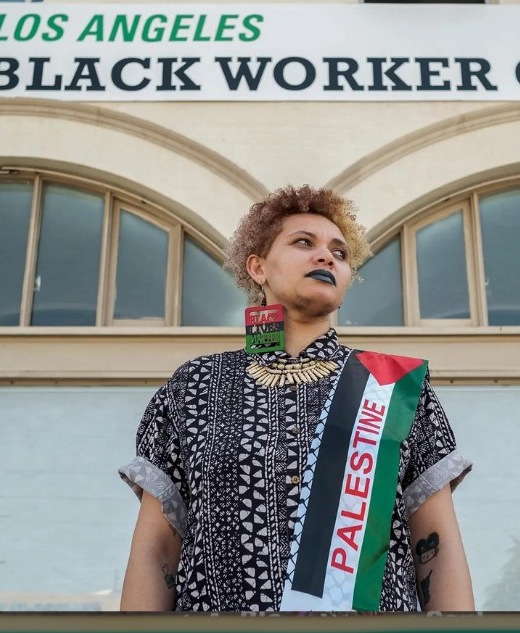By Sue Favor
Contributing Writer
SOUTH LOS ANGELES — Even in a year that has seen a dramatic rise in crime, last week was extreme for South Los Angeles.
In a four-day span, there were 12 shooting incidents resulting in 10 people being shot in the 77th Street Police Station area. The uptick gave the area a Wild West feel, with the sounds of sirens and police helicopters providing the soundtrack each day.
Capt. Scot Williams, commanding officer of the 77th Street Station, called it a “drastic increase in shooting violence.”
“It’s really difficult to say what that’s attributed to, but obviously gang violence is probably the main driving force,” Williams said.
Police called gang interventionists for assistance, as they usually do.
“We’re working with (them) to… prevent any retaliatory violence,” Williams said.
A longtime partner with police in crime prevention, gang interventionists work in communities as ambassadors of sorts, helping to ease tensions and keep or restore peace through communication. They function similarly to social workers, and their resume is their status as longtime residents of an area.
“It’s a group of men and women that work in their respective communities, that they come from and are familiar with. They have the community’s respect,” said Ben “Taco” Owens of the Southern California Cease Fire Committee.
“They have the ability to see what’s going on, why is violence taking place in any way. Whether it’s a domestic issue, a personal issue, …. they can track it down and, before something becomes a problem, they can resolve those issues.”
Interventionists are also detectives of sorts, as they separate misinformation from truth in deciding how to act.
“Some of the [disputes result from] rumors, but some of it is actually something,” Owens said. “There are some real rivals and some situations where people don’t like each other and want to harm each other. They believe it’s their civic duty to harm others or protect themselves.”
Once Owens or his colleagues identify the problem, they take action.
“It’s up to an interventionist to broker the situation, whatever that might be,” he said. “And because the community respects the individual from that area, they trust that individual to handle it.”
When his organization gets a call from a community resident or LAPD, Owens said they deploy interventionists to the affected area.
“When you have a shooting or someone’s been harmed, you go out and investigate,” Owens said. “It could be gang-related, it could be a drug deal gone bad. We want to stop the retaliation. We get out there and talk to different people to see how we can stop a retaliation from happening.”
It worked last week, as shootings stopped Dec. 11 and the weekend was quiet. But interventionists know that may not last for long.
“This time of year we have to do a hell of a lot of maintenance,” said We Care Outreach Ministries founder Michael Cummings. “This is Christmas, and we have a lot of rivalries going, a lot of people trying to make ends meet. We have to stop and talk, make sure we interact with people, young people, and try to take the temperature of what’s going on in the street.”
As the COVID-19 pandemic has raged this year, homicides, assaults and traffic collisions have soared in South L.A. Yet, Cummings said stay-at-home orders have made it hard for his organization to provide assistance.
“The pandemic has put us in a position where we can’t get to a lot of people because there are so many restrictions, and we all have a curfew,” he said. “When they put restrictions on people … a lot of people really don’t want you around them.”
But Cummings said he and other interventionists have forged on.
“The majority are still doing the work because it’s their passion to stop this violence,” he said. “We just get out there and do what we need to do.”
Owens said interventionists have had to expand what they do.
“We’ve been passing out [personal protective equipment], taking on the elderly and the vulnerable, helping during COVID testing when there are lines of cars that might be blocking people’s driveways,” he said. “We usually have our hands full responding to violence, but the pandemic has hampered us, pulled us away.”
Yet, even under stress, interventionists are lifelines to police.
“We have a great relationship with our partners, and we utilize them every time we have a shooting incident – especially one we feel is gang-related,” Williams said.
Sue Favor is a freelance reporter for Wave Newspapers, who covers South Los Angeles. She can be reached at newsroom@wavepublication.com.

